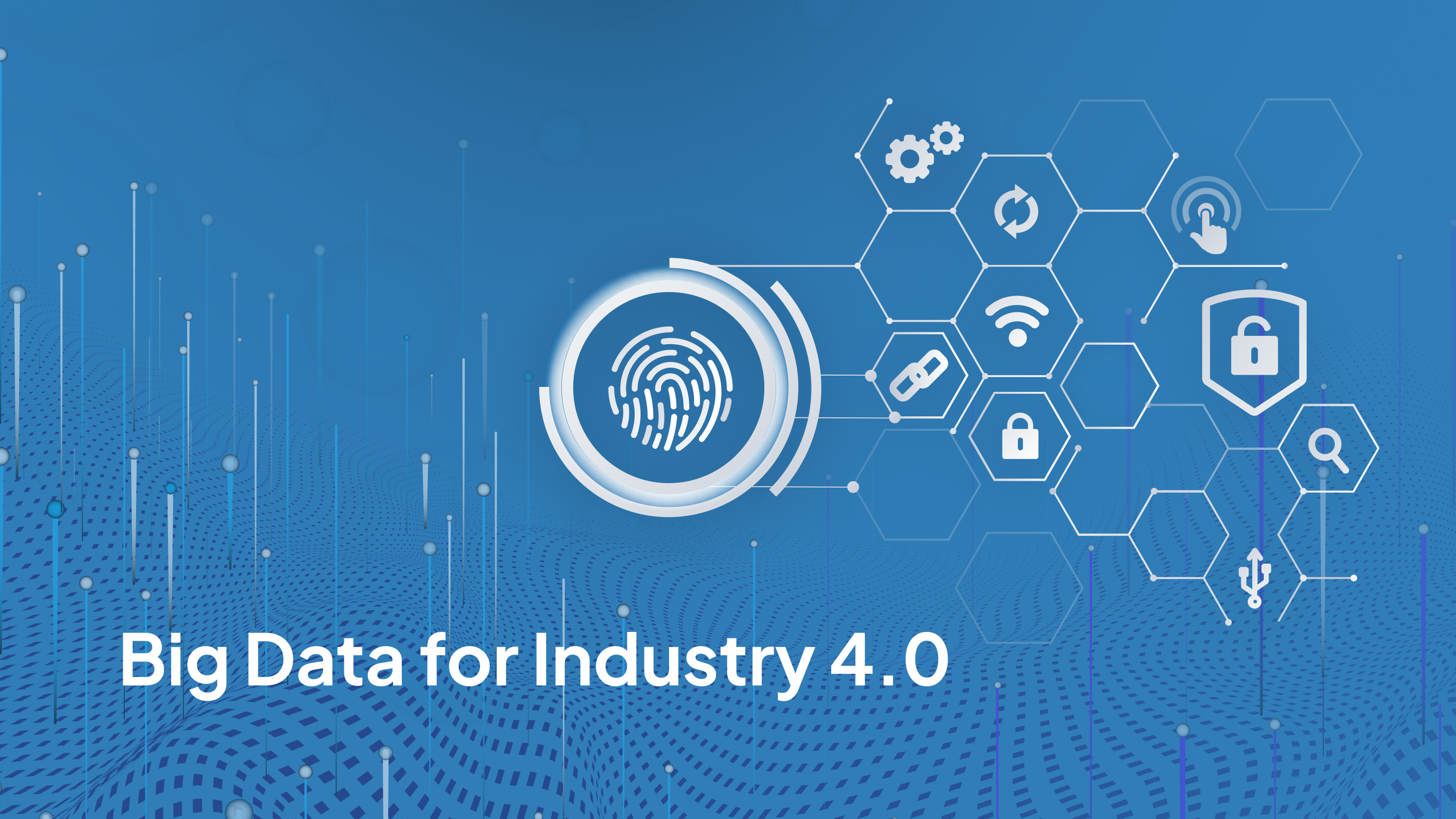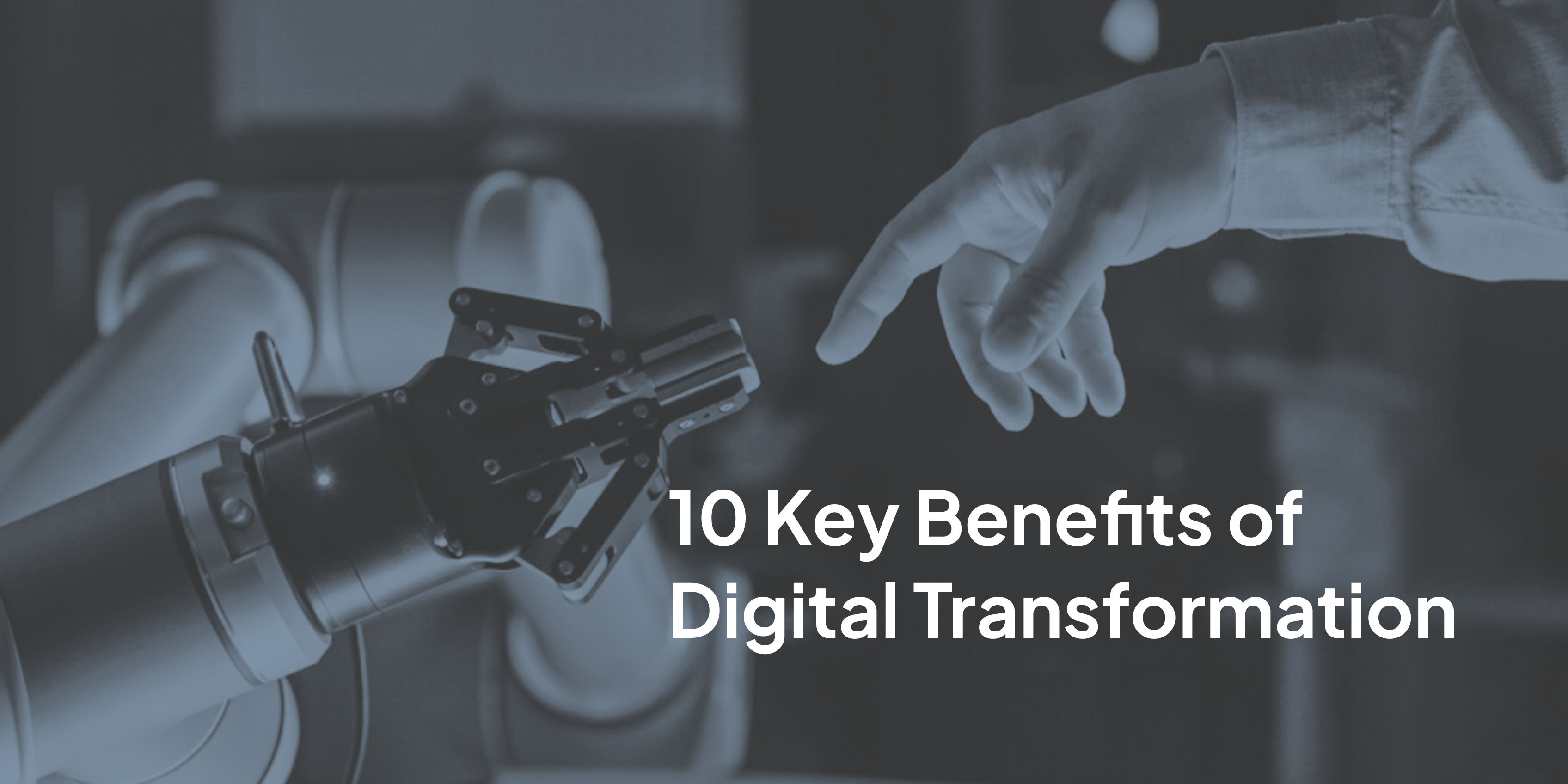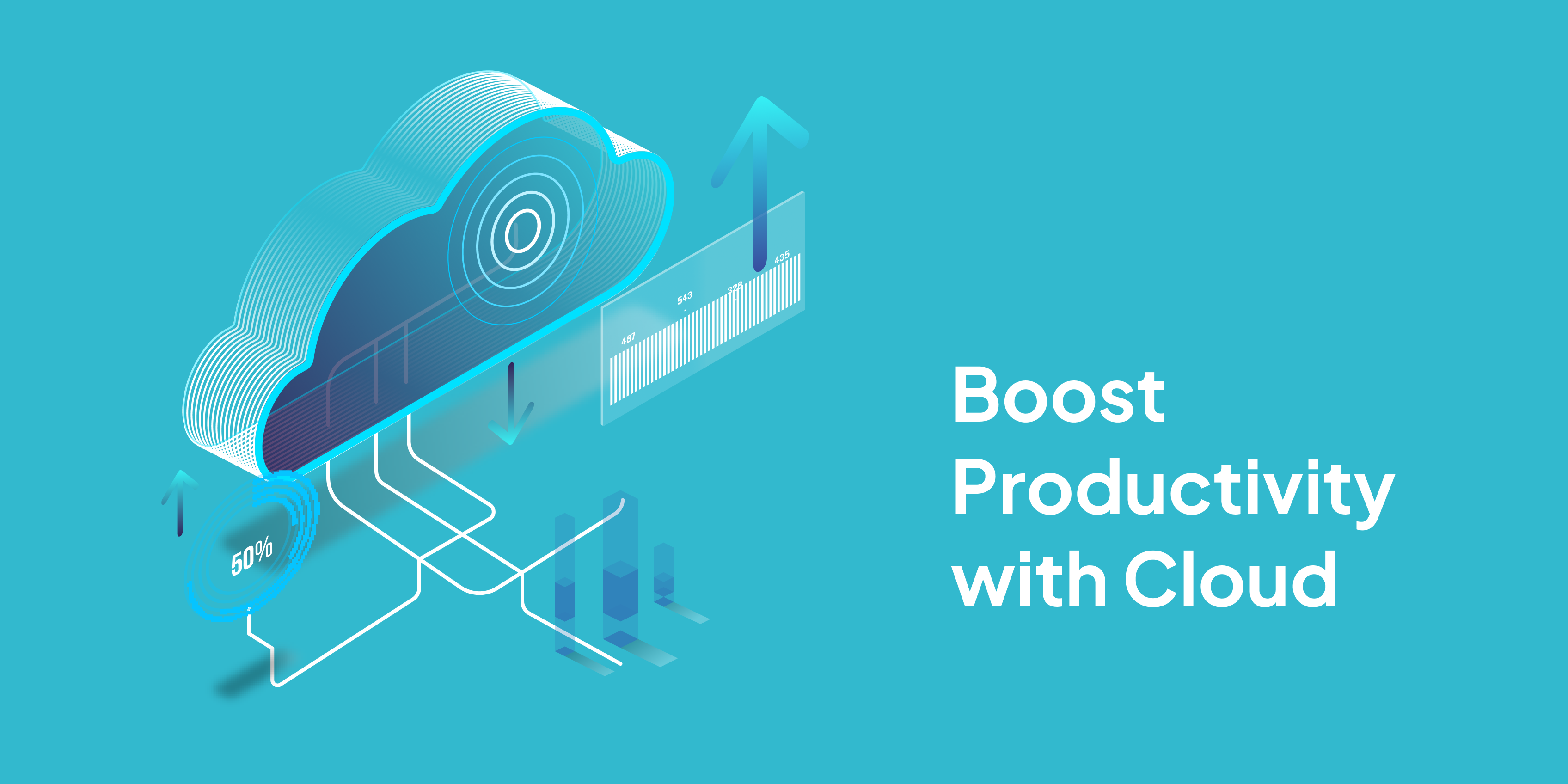
Big Data for Industry 4.0: Challenges and Applications
By Ranggi R.
Published on May 25, 2023
People start to recognize that data is a valuable resource. Luckily, in the fourth industrial revolution, innovations are created in order to increase productivity and efficiency.
Industry 4.0 is marked by various advanced technologies such as Artificial Intelligence (AI), Big Data Analytics, IoT, and cloud computing.
These technologies offer both optimizations and automatization in business processes. To develop business growth, increase customer satisfaction, and heighten sales.
However, not all organizations can keep up with the technology and its sophistication. In fact, there are lots of challenges that must be overcome.
Digital Transformation Challenges
According to Kiss Flow, four challenges might occur.
1) Siloed Decision-making – Automated technology leads to disconnected decision-making among humans. This problem will cause a loss of a unified vision and business goal.
2) Legacy Systems – Moving toward a new era, new habits, and new stuff seems difficult for some people. There should be someone or a group of people to transform both the work culture and technical ability.
3) Insufficient Budget for Technological Change – Replacing outdated work processes with modern technology and software requires a budget. A company needs to measure the requirements and the costs.
4) Increased Security Risks – Save data on the cloud is flexible yet risky. Exploring software and its security feature is necessary.
The four challenges commonly happen in a new-transforming company. However, the higher risks, the greater the benefits.
Cloud Computing Implementation

- Healthcare
The advantages of using cloud computing in the healthcare industry are undeniable. A long-distance assessment between patient and doctor can be done by telemedicine systems.
As a result, disabled and elderly patients can get the same service as onsite patients. Moreover, doctors have had the patient’s records easily yet accurately.
- Education
The education sector demands a large amount of data on students, teachers, experts, and workers. Stakeholders will struggle if cloud computing (cloud storage) is not implemented in corporate processes.
Less efficiency and higher costs are untrustworthy in the education industry.
- Retail
Saving operational expenses in small and medium enterprises is a smart way to run the business. Workers can work from anywhere with any device as long as connected to the internet.
Employees can work cooperatively using collaboration tools.
- Government
Government as a public service is expected to help citizens in a country. However, it looks like impossible to cover all the requirements right away. Especially in the countryside where fewer resources and devices.
In the digital transformation era, cloud computing reduces resources with applications. For example, citizens can use a website or social media to apply for a job, resident registration, and others.
- Legal
In the legal profession, privacy and security are critical. In addition to consulting with customers, the legal entity demanded that personal information be kept private.
A cloud computing platform must be protected from cybercrime activities such as data theft, data leaking, malware, and so on.
Assessment First, Implementation Later
The requirements for using cloud computing vary by industry. Even though cloud computing has many benefits, decision-makers must be wise in selecting the best cloud computing platform.


